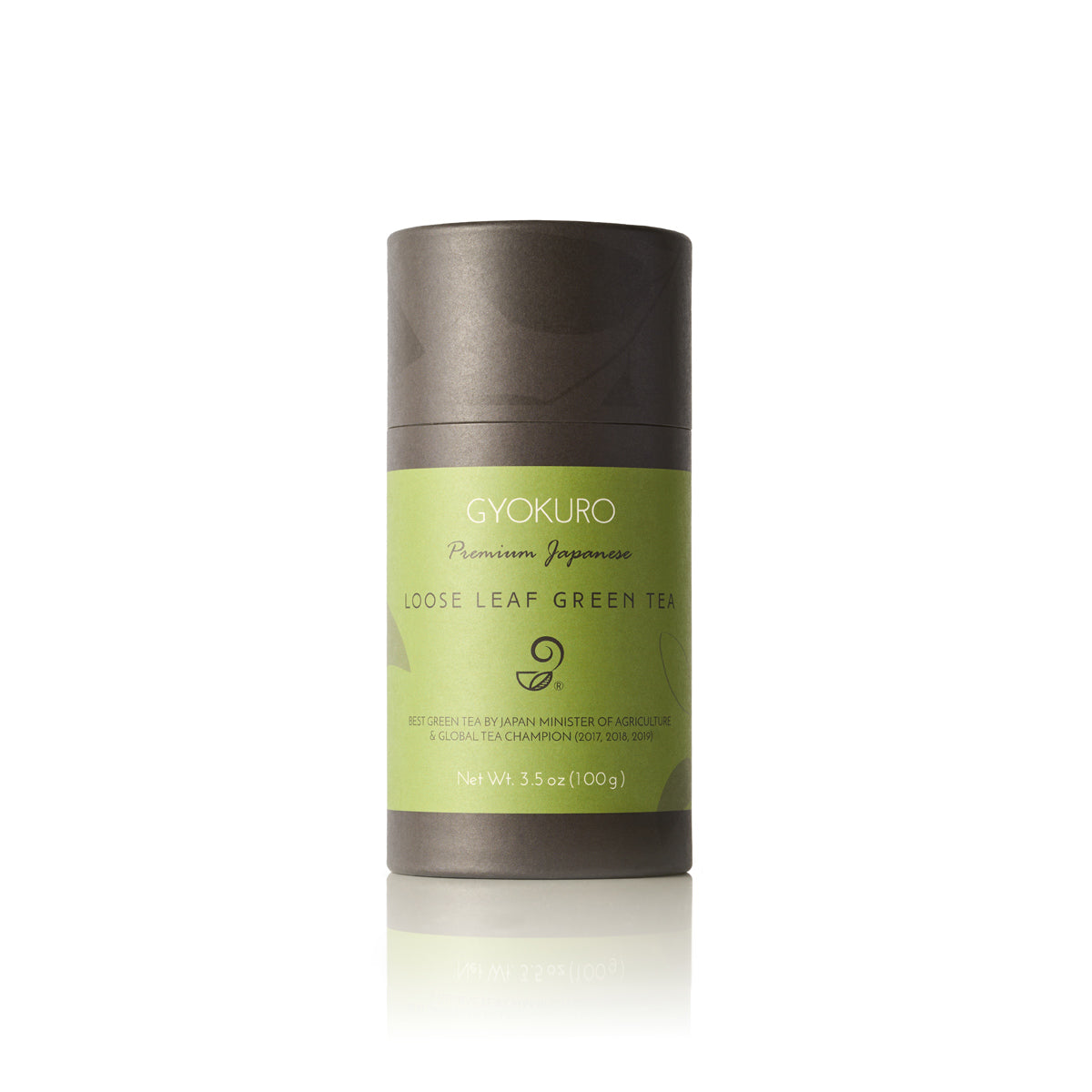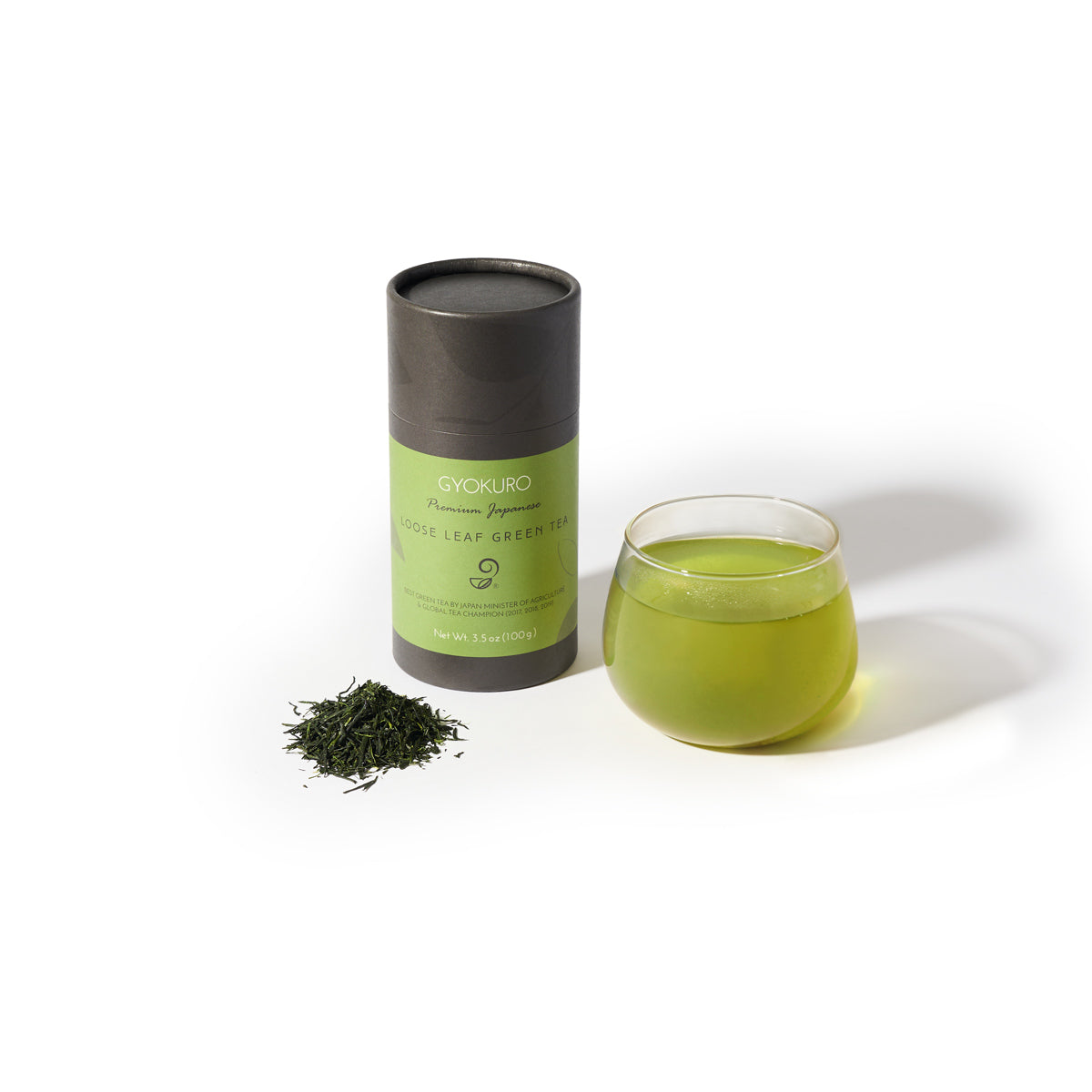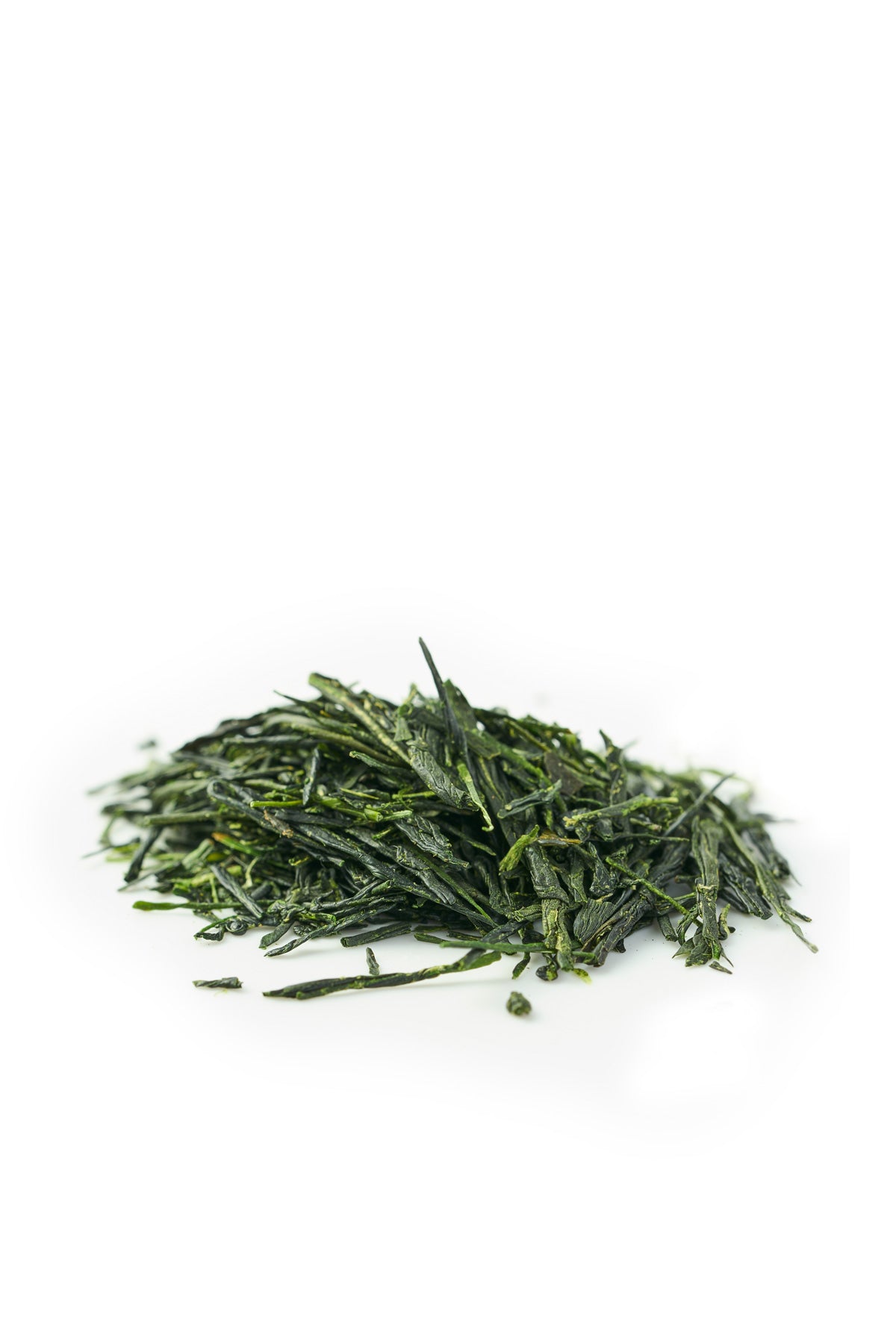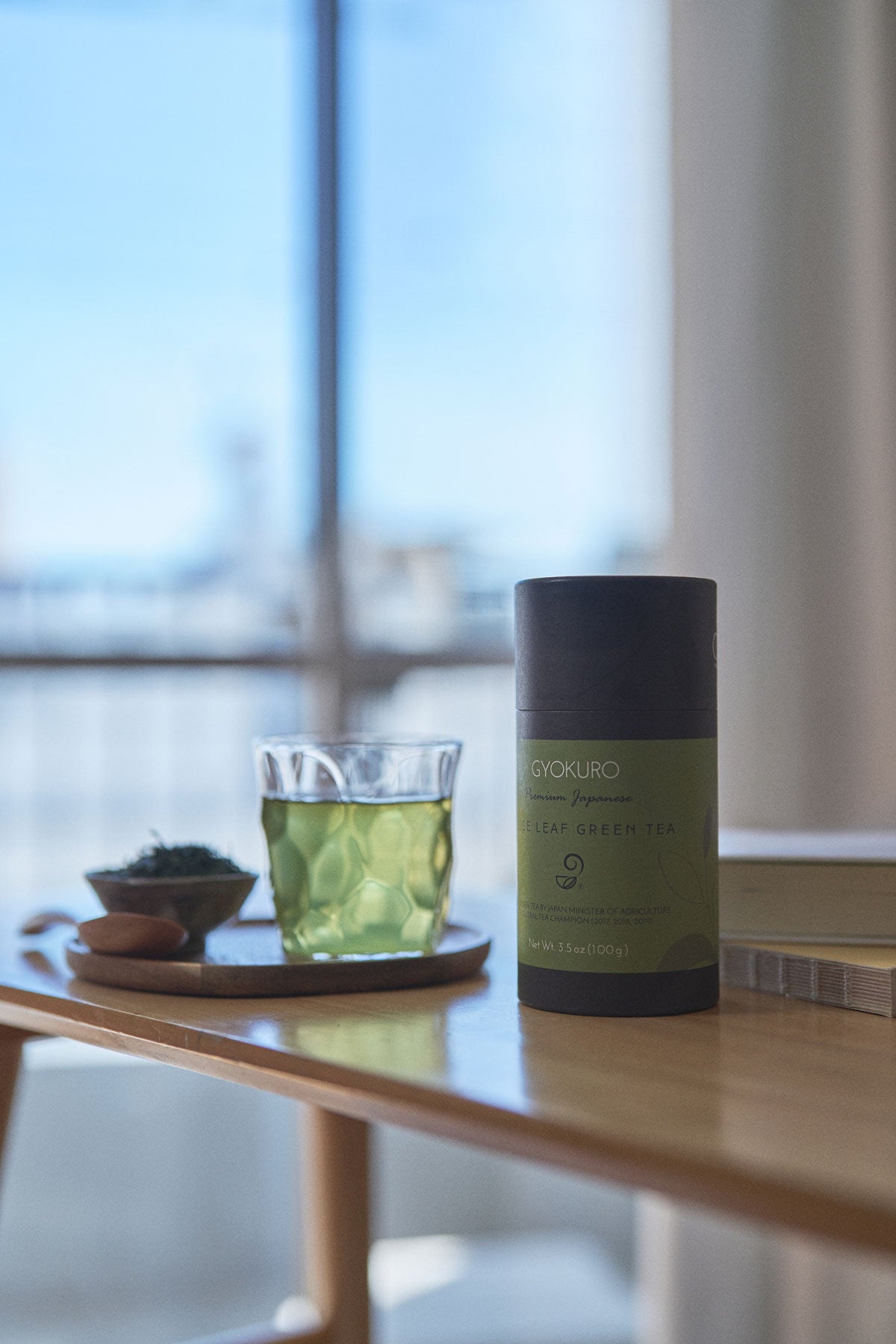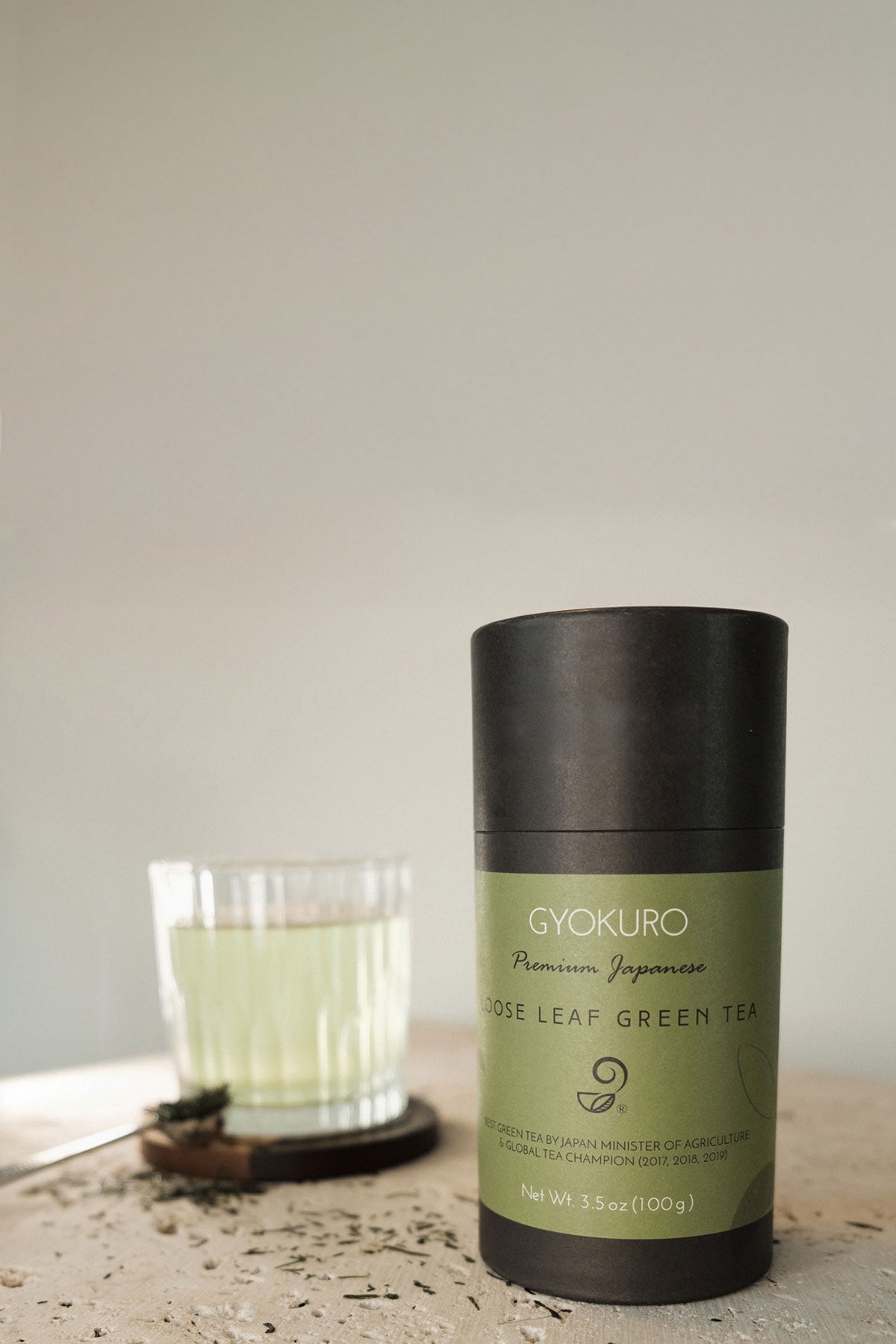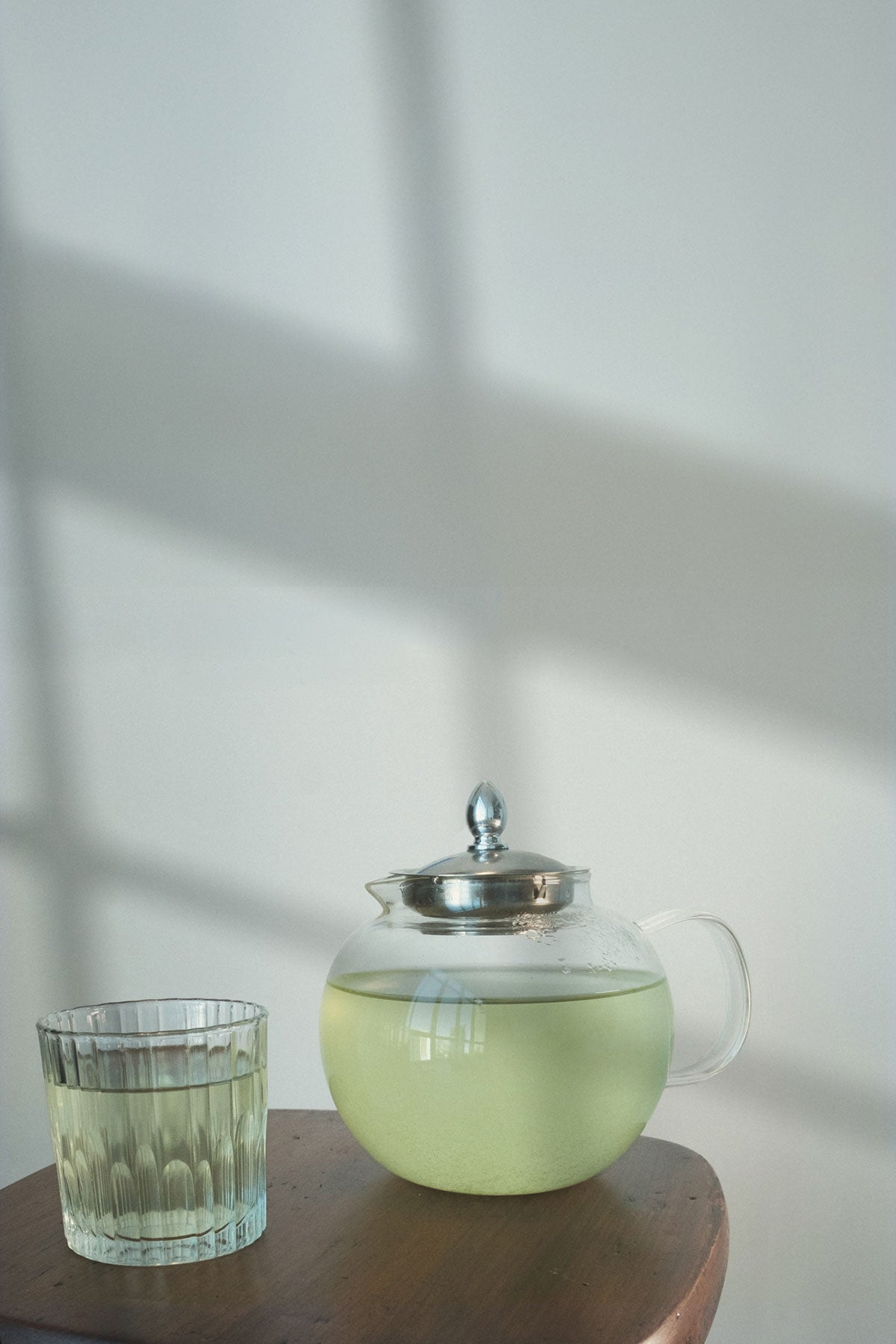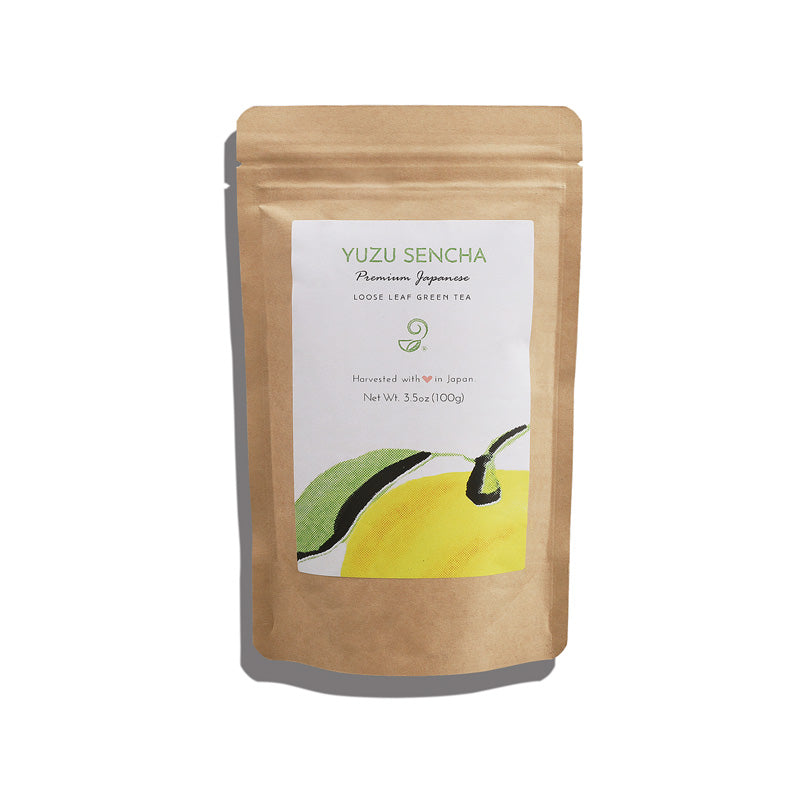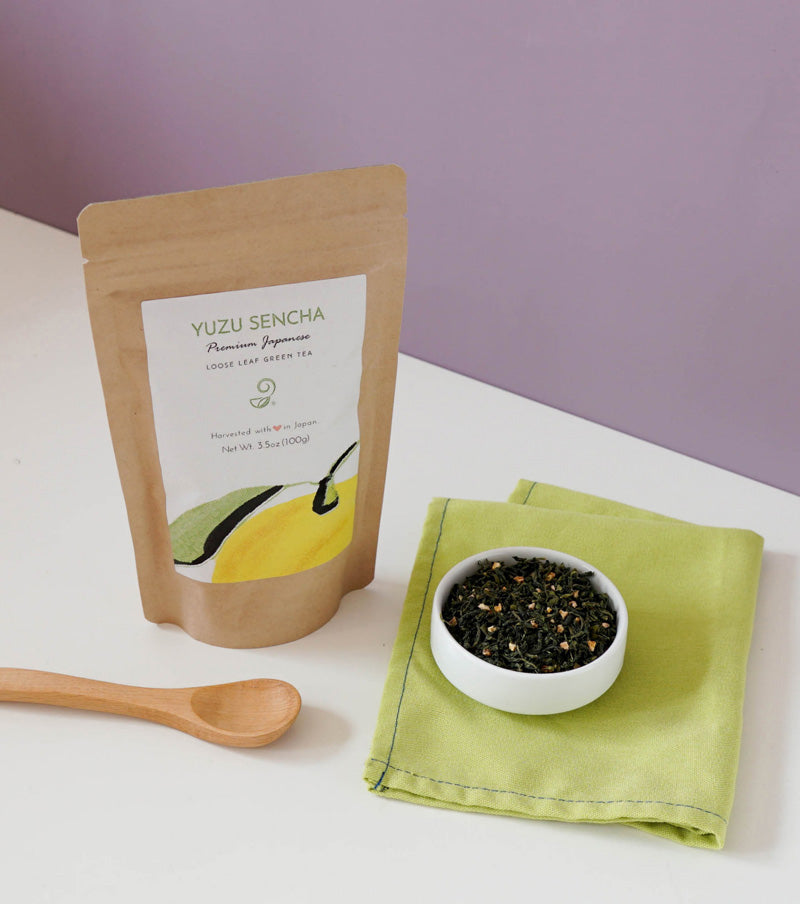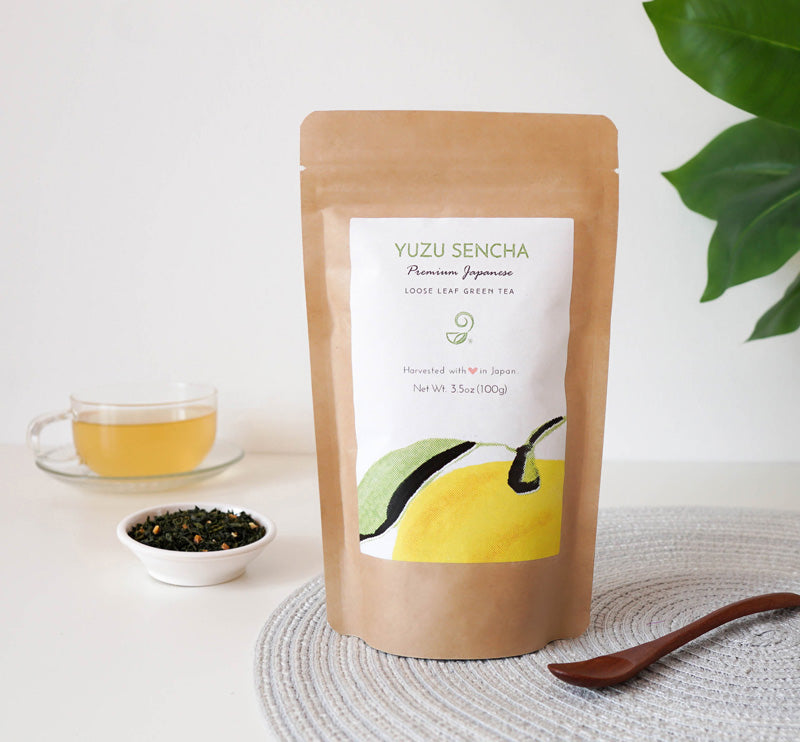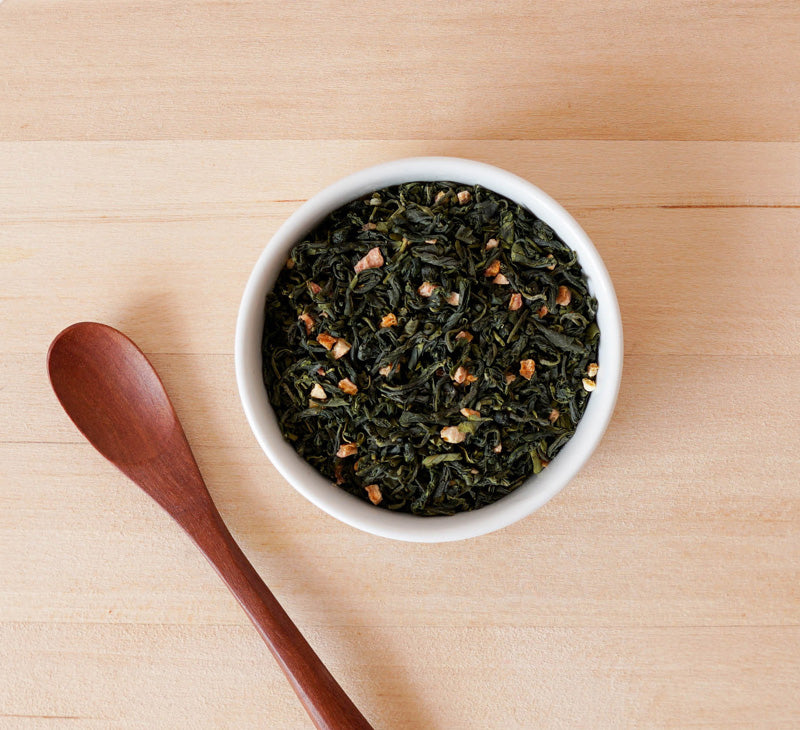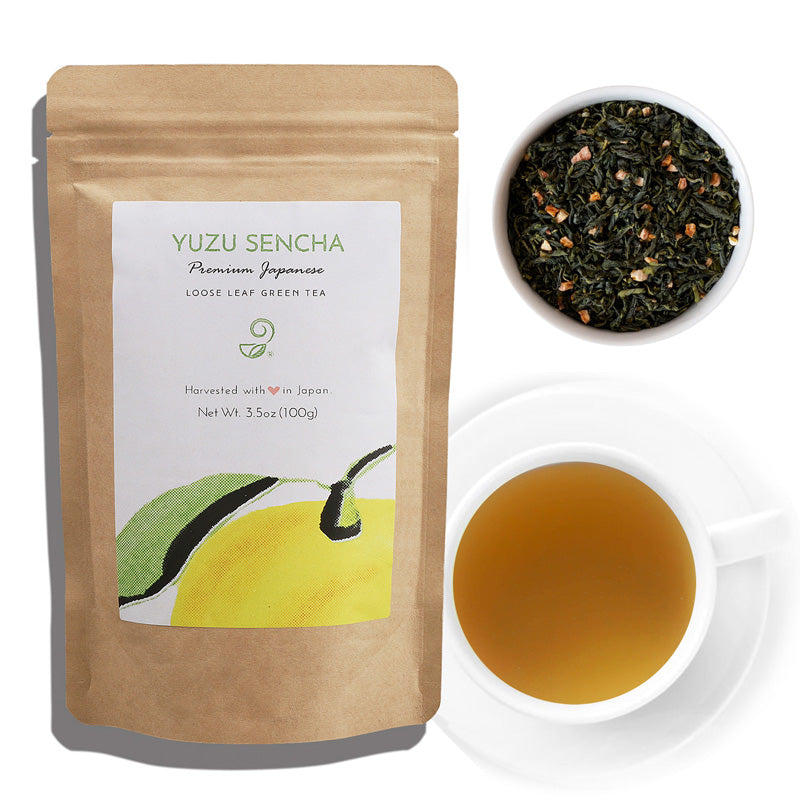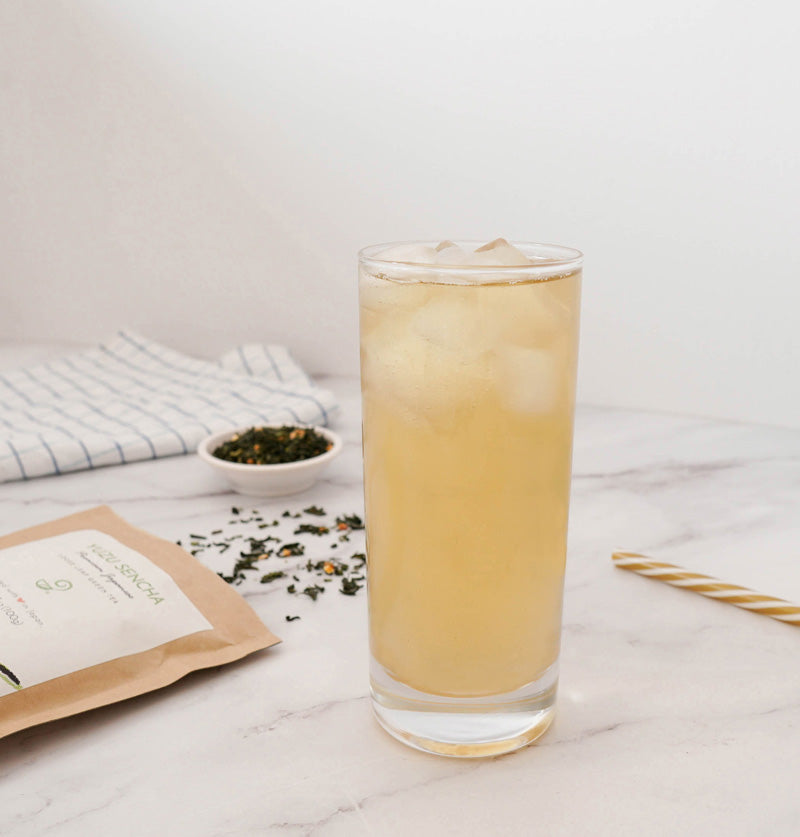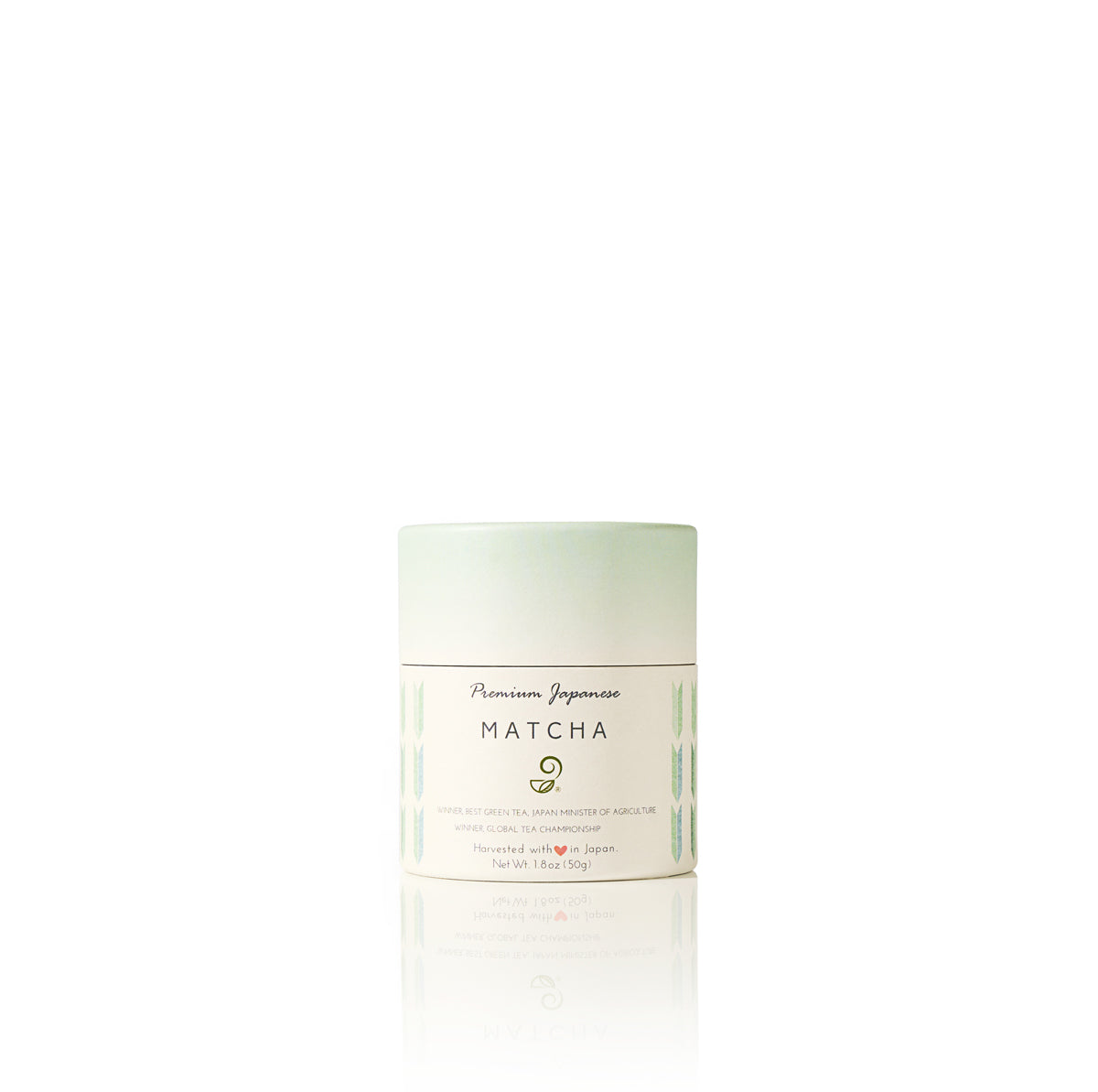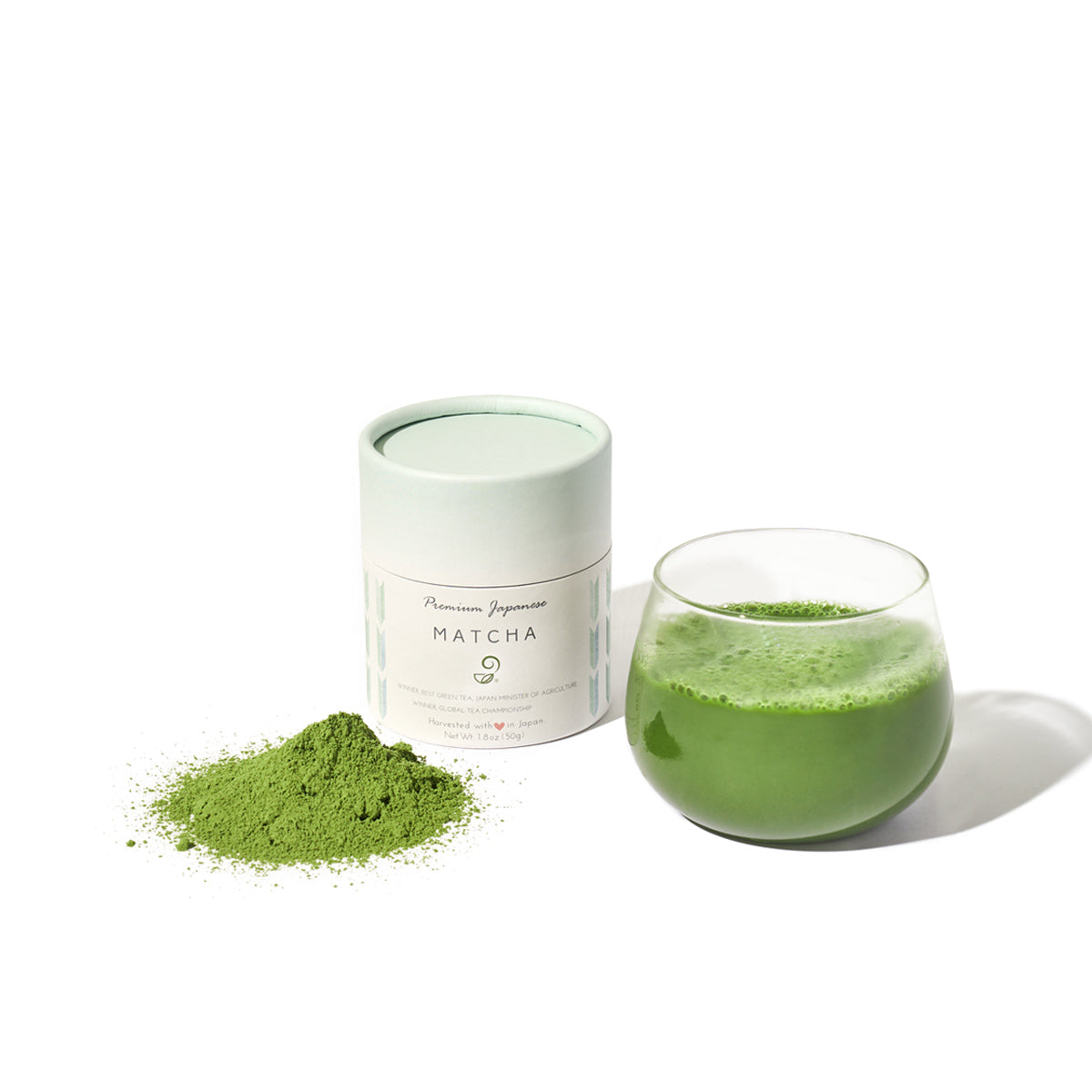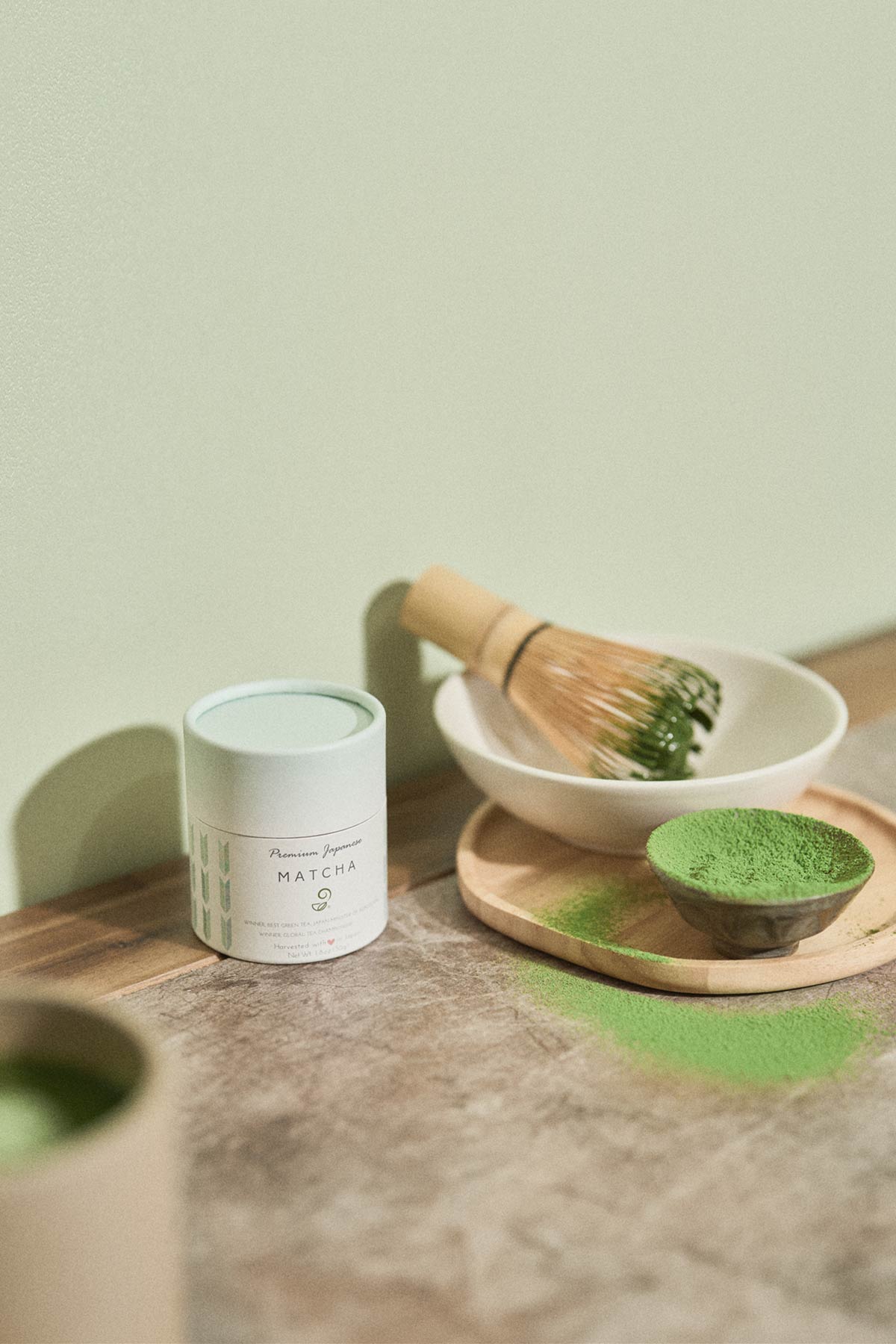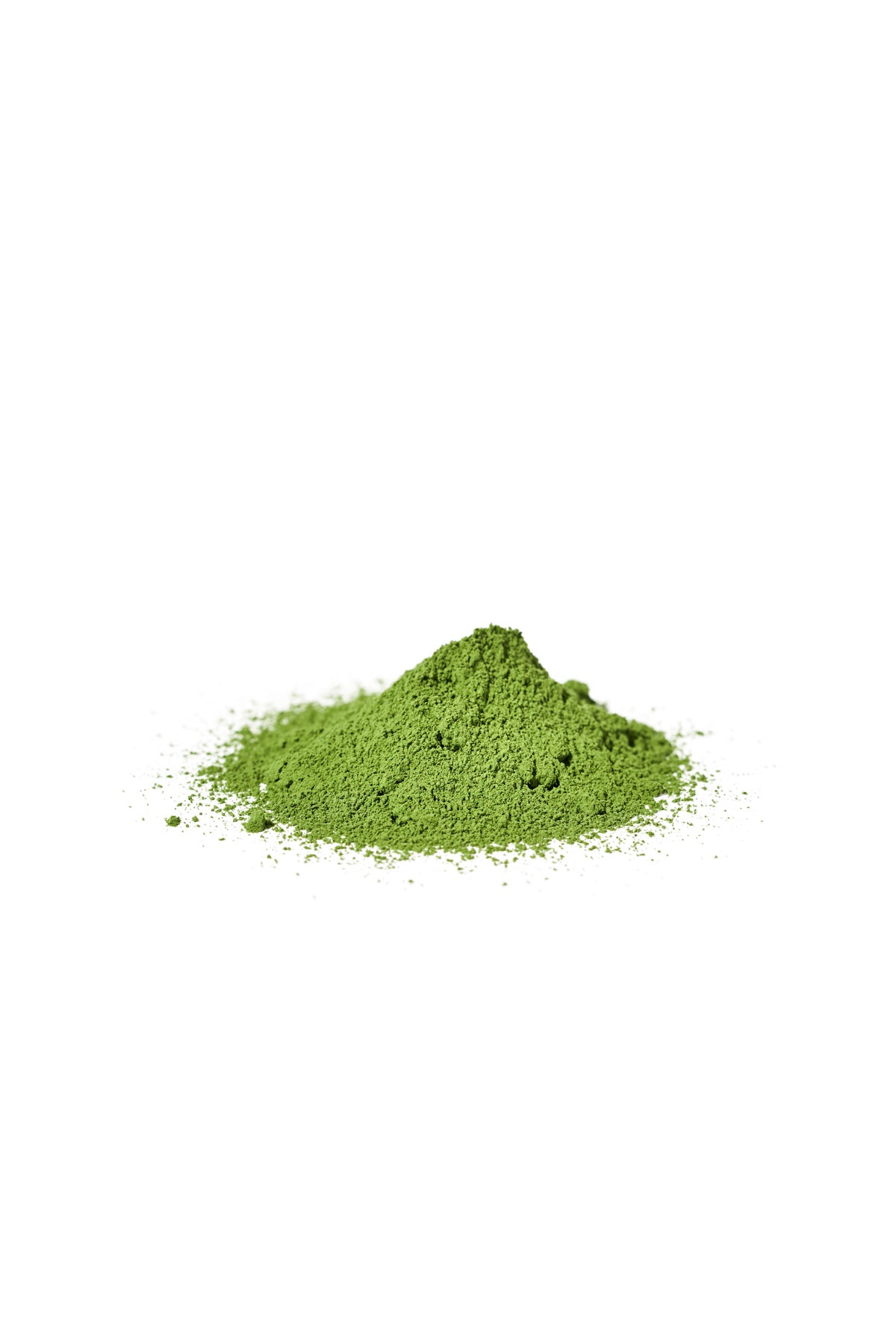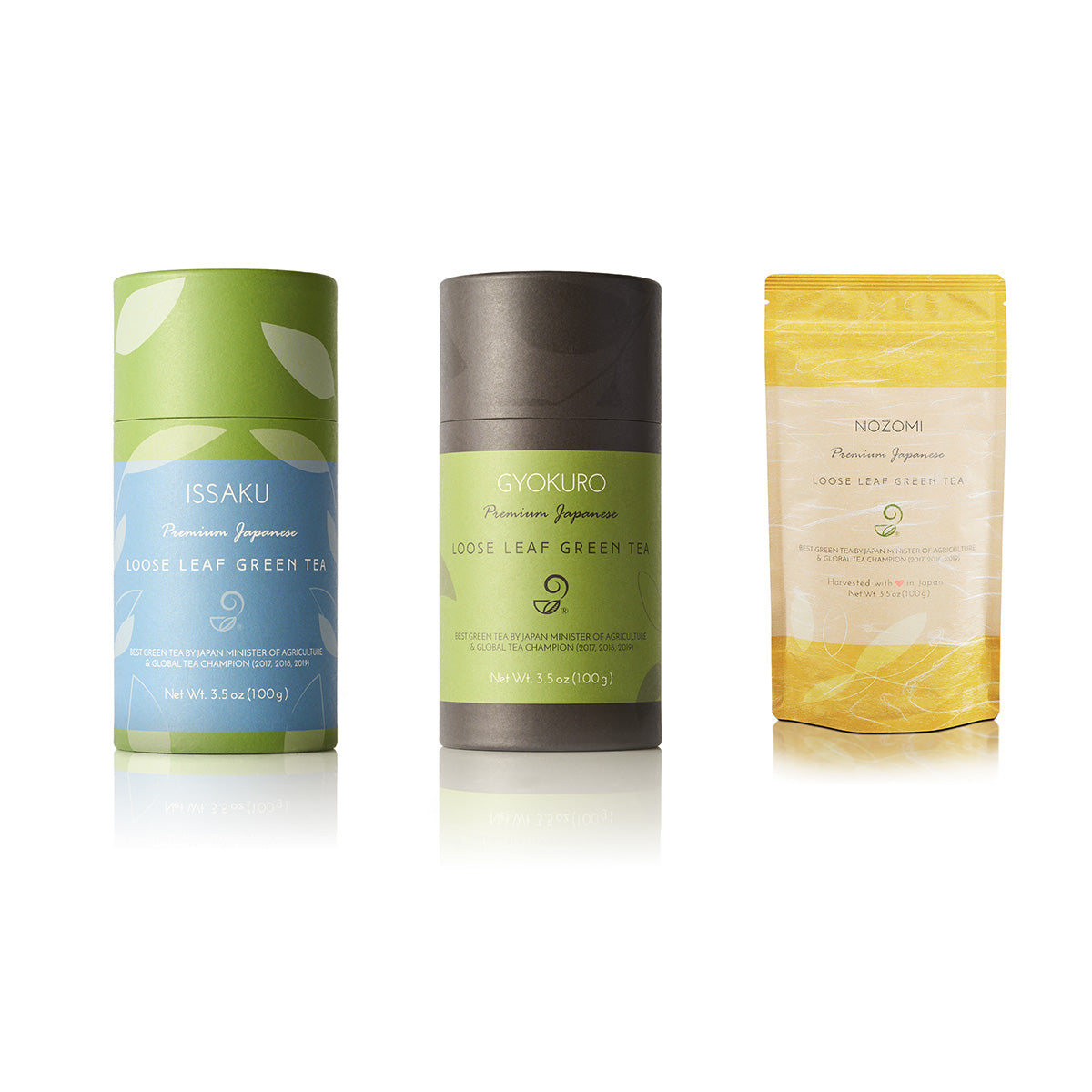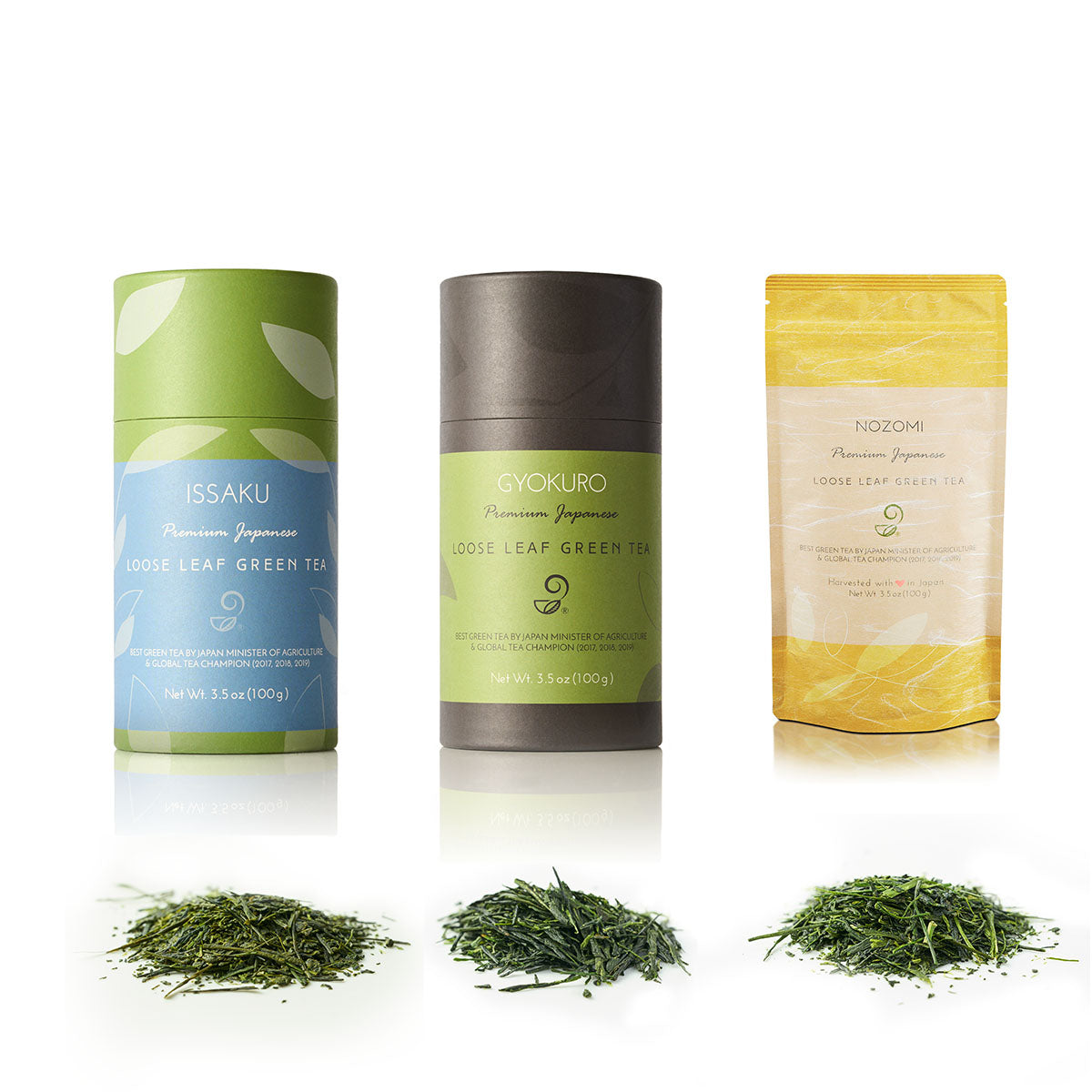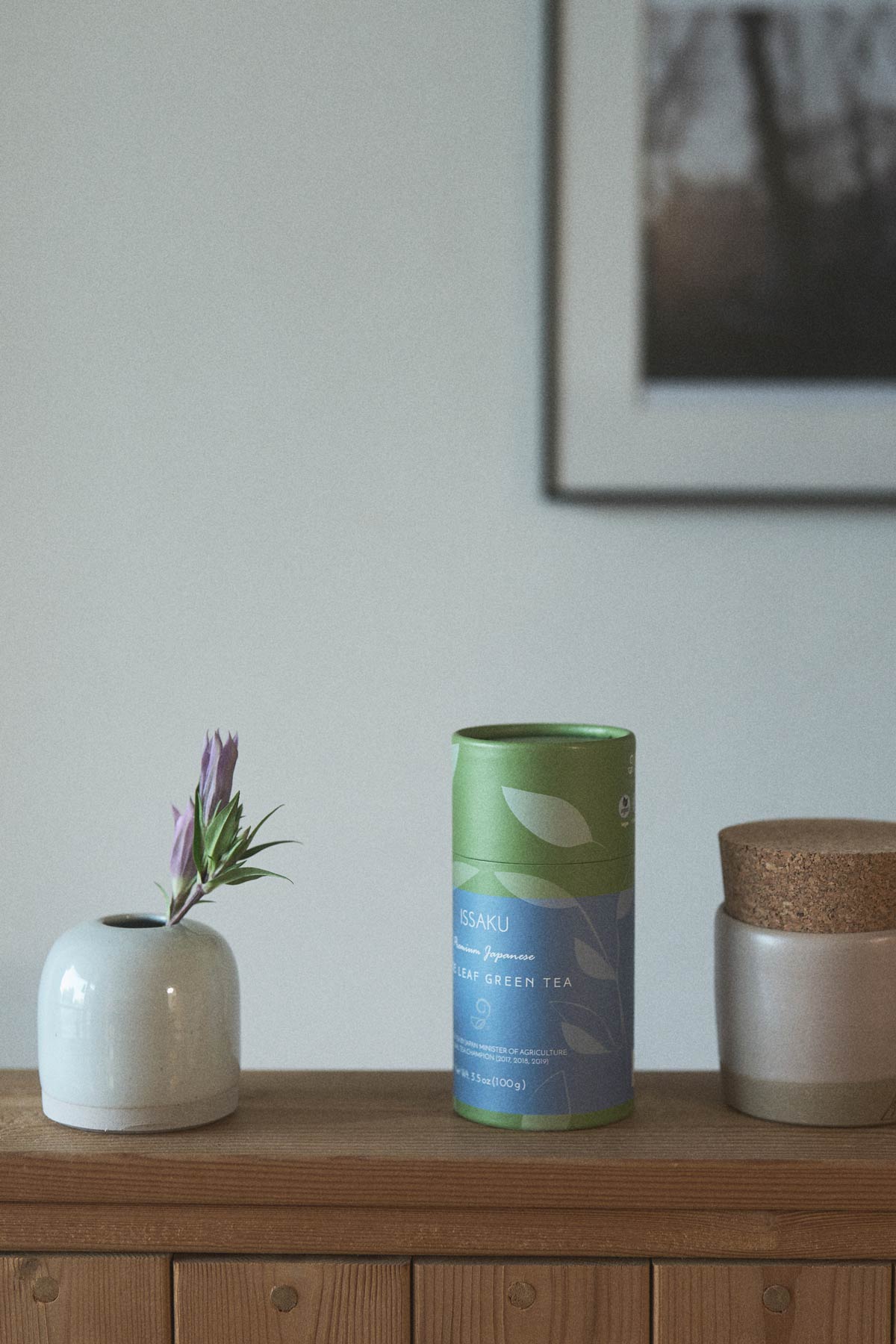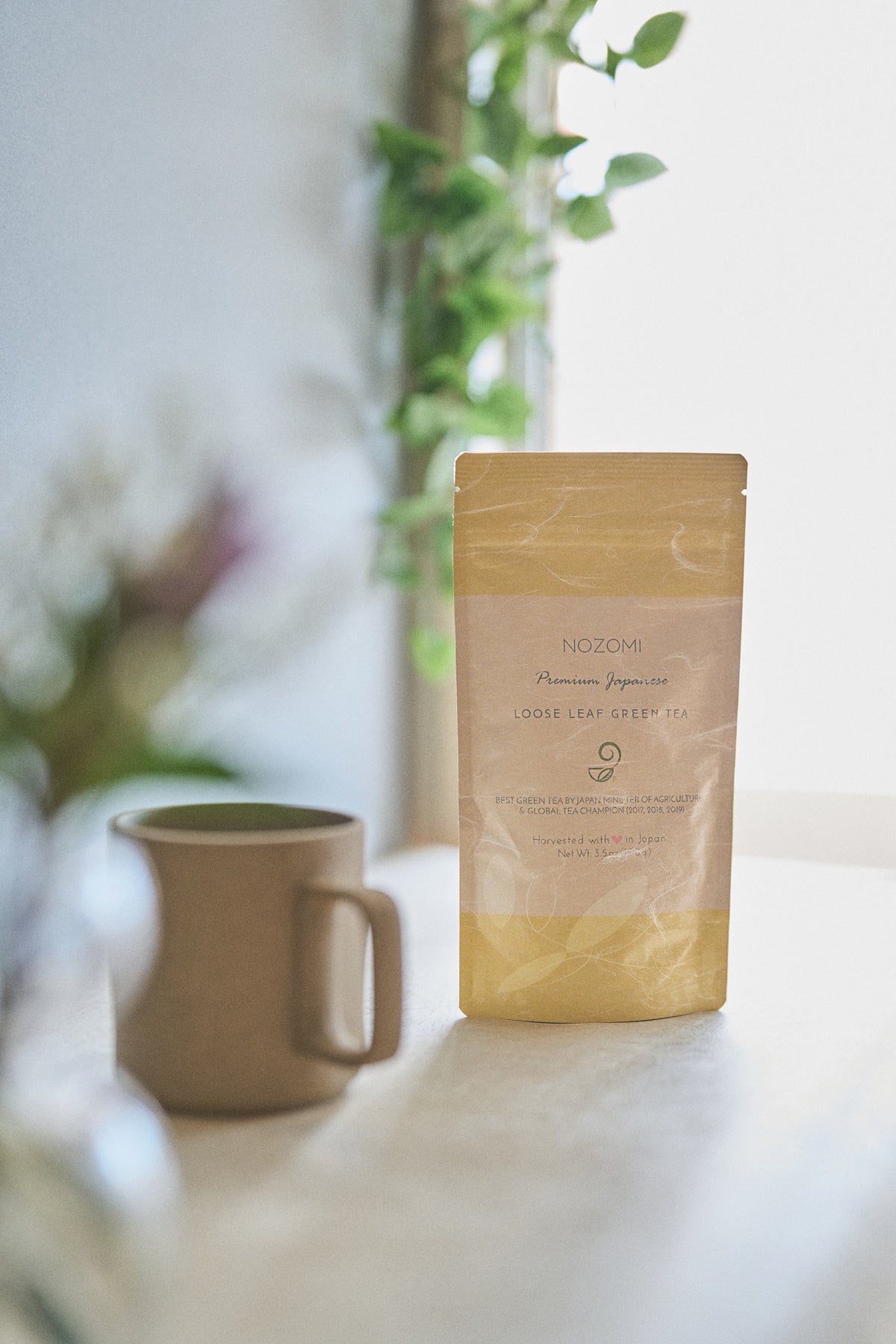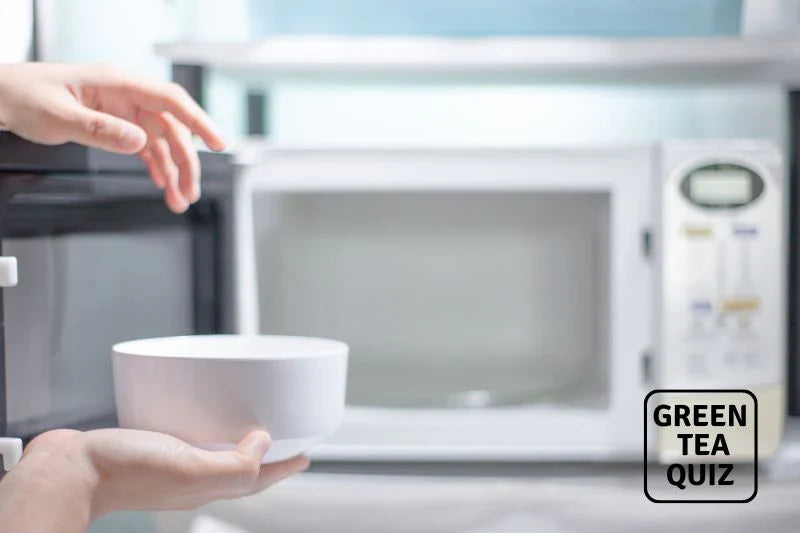Lovers of authentic green tea have a deep appreciation for the intricate processes involved in creating the perfect cup of tea. Although there are a variety of teas to sample, the discerning tea drinker will gravitate towards the brew that tickles their taste buds while the aroma tantalizes their senses. Quality Matcha, with its vegetal odor, might be considered bitter to some, but there are many others who find it flavorful and complete. Is there any better way to start the day than with your own bowl or cup of home-ground Matcha tea? The Sharp TE-T56U-GR Tea-Cere Matcha Tea Maker can make this a certainty with ease.
Why grinding your own Matcha is good
Tea is purchased in an aromatic leafy or crumbled condition, all ready to brew, but what if your main source of tea pleasure is from drinking Matcha? Well, this fine powder is the result of grinding the Tencha tea leaf. The leaves can be purchased already ground into the Matcha powder, but freshness is lost in the transit time. Once the leaves are ground, they begin to oxidize and lose their fresh flavor. Tencha may at times be difficult to acquire, so you may want to use Gyokuro in its place. Imagine if you were able to purchase the Tencha leaf and grind it yourself for an exquisite, fresh-tasting Matcha right in the comfort of your own kitchen with the Sharp TE-T56U-GR Tea-Cere Matcha Tea Maker.

What is the difference between Tencha, Gyokuro and Sencha teas?
Tencha Tea
Tencha refers to the leaves of tea that are going to be ground up into powder for Matcha. Shaded tea trees produce more chlorophyll, creating greener leaves and higher levels of nutrients, including Theanine (an amino acid), which gives the Tencha tea its mild and mellow flavor when brewed in the regular manner. It also has an aroma that is pleasing to the nose. It does not go through the rolling stages, which break down the cell walls for easier infusion with water, because it is used in the processing of Matcha powder. Only Tencha of the highest grade is used for whole-leaf brewing, and it is not always available. Tencha tea is:
- Fertilized three times as much as other teas
- Grown in the shade for 20–30 days before harvest.
- Covered with special curtains to shade tea trees from direct sunlight.
- Not broken down through the rolling stages
- Preferably processed within 24 hours after harvesting.
Gyokuro Tea
Gyokuro tea is shaded and steamed like Tencha, but it then goes through the stages of rolling to break down the tea leaf cell walls for better infusion with water. It is then rolled into shape and goes into the drying process. The finished product can then be bagged or packaged loosely, whichever the producer prefers. Gyokuro tea is:
- Fertilized three times as long as other teas such as Sencha
- Grown in the shade for 20–30 days before harvest.
- Covered with special curtains to shade tea trees from direct sunlight.
- Preferably processed within 24 hours after harvesting.
Sencha Tea
Sencha tea is grown in full sunlight, which encourages its speedy growth as well as its high levels of vitamin C and tannin, which contribute to its sharp flavor. It goes through the same processes as Gyokuro tea: steaming, the various rolling stages, shaping, and then drying. Sencha leaf tea can encompass a variety of teas with brewed coloring that ranges from pale green to a greenish-yellow hue. As with most teas, the flavor will differ slightly with the temperature of the water used for brewing. Hotter water may cause it to taste more astringent, but at a lower temperature, it can be very mellow. Sencha tea is:
- Brewed with the whole leaf
- Grown in full sun
- Preferably processed within 24 hours after harvesting.
If you want to know more about the different types of Japanese green tea, please see my other article, in which I list all the different types of Japanese green tea.
Click on image below or click here to read
I can’t find any Tencha tea, can I instead use Gyokuro tea for my Matcha?
Gyokuro tea leaves are grown in the same conditions as Tencha tea leaves up until the kneading or crumpling process. They are both covered and grow out of direct sunlight, increasing their nutritional benefits as well as refining their flavor. Even with the manner in which Gyokuro is processed, it can still be used in place of Tencha tea. The taste should be similar, but it all depends on the quality of the leaves. Through kneading and rolling, the leaf will infuse water more easily.

What benefits will I gain from owning the Sharp TE-T56U-GR Tea-Cere Matcha Tea Maker?
Authentic traditional Japanese Matcha tea is made with a lot of labor. The milling process alone takes an excessive amount of time because you cannot allow the millstone to heat up, let alone the physical part of milling. If the millstone heats up, it will change the taste of the tea. The Sharp TE-T56U-GR Tea-Cere Matcha Tea Maker will mill or grind the leaves into fine Matcha powder for you without overheating the stone. Sensors will detect the heat and stop the milling until the stone has cooled.
Here are some of the benefits of having the Sharp TE-T56U-GR Tea-Cere Matcha Tea Maker sitting on your kitchen counter to use at your leisure.
- Leading Japanese experts in tea were consulted to offer insight into carrying on the traditional process of making Matcha.
- Matcha tea preparation time is reduced exponentially.
- You can adjust the amount of Matcha powder to your own taste buds, and the tea maker will boil the water and brew hot or cold tea, whichever you prefer.
- The tea maker will actually whisk the Matcha for you, allowing you to sit back and enjoy the show and then reap the liquid rewards.
- The Sharp TE-T56U-GR Tea-Cere Matcha Tea Maker can make up to 4 cups at a time, but if you prefer a lot of froth, you can make just one at a time.
FAQ
• Disclosure: I only recommend products I would use myself, and all opinions expressed here are my
own. This post may contain affiliate links that I may earn a small commission at no additional cost to you.
The commission also supports us in producing better content when you buy through our site links.
Thanks for your support.
- Kei and Team at Japanese Green Tea Co.
Get Free Bonus Books

Sign up for free to the Green Tea Club to get advice and exclusive articles about how to choose Japanese Tea, and tips, tricks, and recipes for enjoying Japanese tea.
About the author
Kei Nishida
Author, CEO Dream of Japan
Certification: PMP, BS in Computer Science
Education: Western Washington University
Kei Nishida is a passionate Japanese green tea connoisseur, writer, and the founder and CEO of Japanese Green Tea Co., a Dream of Japan Company.
Driven by a deep desire to share the rich flavors of his homeland, he established the only company that sources premium tea grown in nutrient-rich sugarcane soil—earning multiple Global Tea Champion awards.
Expanding his mission of introducing Japan’s finest to the world, Kei pioneered the launch of the first-ever Sumiyaki charcoal-roasted coffee through Japanese Coffee Co. He also brought the artistry of traditional Japanese craftsmanship to the global market by making katana-style handmade knives—crafted by a renowned katana maker—available outside Japan for the first time through Japanese Knife Co.
Kei’s journey continues as he uncovers and shares Japan’s hidden treasures with the world.
Learn more about Kei




